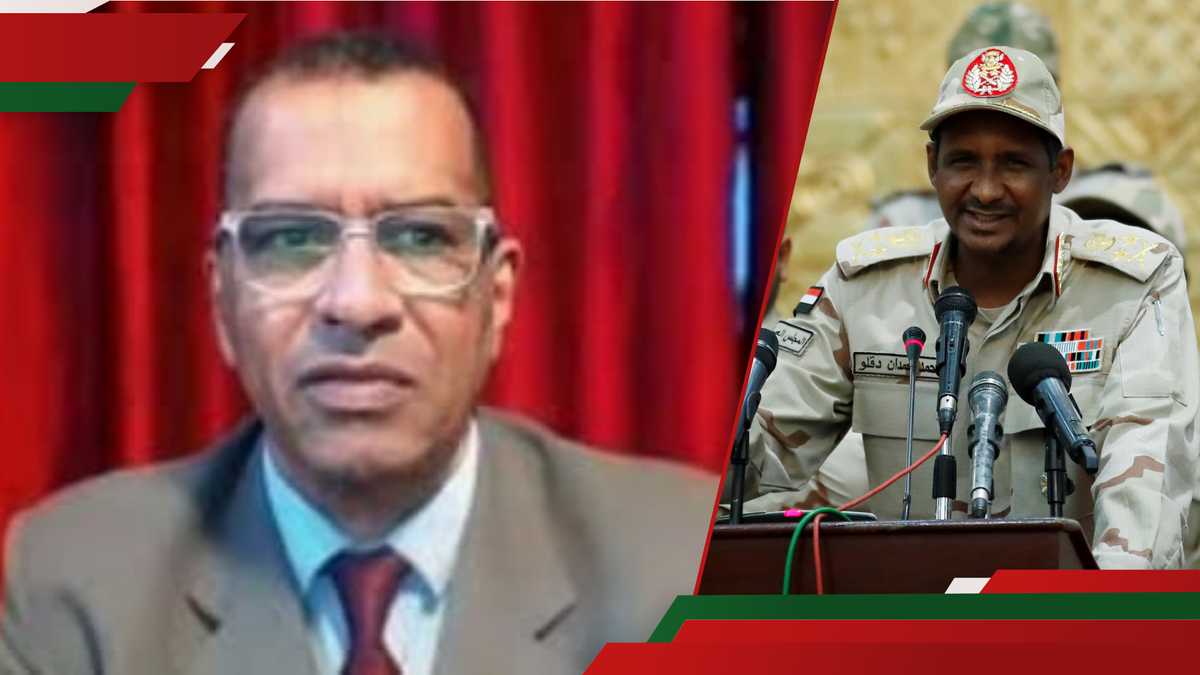
The Evolution of a Sudanese Leader
Since the start of Sudan's revolution in December 2018, General Mohamed Hamdan Dagalo, known as "Hemedti," has become one of the most influential figures in the country’s political transformation. Initially recognized as a military commander, his journey has seen him evolve into a proponent of civilian rule and regional diplomacy.
Dagalo made headlines when he refused orders from former President Omar al-Bashir to suppress protesters during the early stages of the uprising. This act of defiance marked a pivotal moment in his career. He later supported Bashir's removal and resisted efforts by the post-revolution security committee to restore Islamist dominance.
Despite backing the October 2021 military intervention led by General Abdel Fattah al-Burhan, Dagalo eventually distanced himself from this move. He issued a public apology and endorsed the Framework Agreement supported by international mediators, known as Al-Tasis.
A Shift Toward Diplomacy
When full-scale conflict erupted in April 2023, the Rapid Support Forces (RSF) under Dagalo's leadership called for a political solution. His delegations participated in peace talks held in Jeddah, Geneva, and under the African Union and IGAD.
In contrast to the Sudanese Armed Forces (SAF), which have been aligning with regional Islamist powers like Iran and Turkey, Dagalo has taken a different approach. He has endorsed emerging civilian coalitions, including the Founding Alliance Altasis, launched in Nairobi, Kenya. This platform aims to disarm all militias, including the RSF, and integrate them into a unified national army through a comprehensive DDR process.
This shift is not just rhetoric. Abdelaziz al-Hilu, leader of the SPLM-North, has echoed the call for dissolving all armed factions to establish a secular, inclusive national military. Dagalo's alignment with this vision signals a genuine break from the past toward a democratic and modern Sudan.
Accountability and Civil Administration
Critics have accused the RSF of widespread atrocities, but no credible international body has established a systematic policy of abuses. In fact, the UN Human Rights Council’s mission was granted access to RSF-held areas in October 2023, while the SAF refused entry. The RSF has since formed field courts to try individual violators, demonstrating a commitment to accountability rarely seen in such conflicts.
Additionally, the RSF has encouraged civil administration in areas controlled by its forces to play a pivotal role in establishing free and basic services. This initiative reflects a broader strategy to build trust and foster stability in regions under their control.
Foreign Policy and Regional Stability
Dagalo's foreign policy includes announcing his intent to stabilize the Sudan-Libya-Egypt triangle, a corridor plagued by trafficking and weapons smuggling. The RSF previously cooperated with the African Union and European Union on curbing irregular migration in this zone. His calls for dialogue with Egypt and other neighbors signal a preference for regional peace over military posturing.
The stakes are high. Dagalo’s alternative to the SAF’s authoritarian-Islamist model is a state built on secularism, democratic values, and respect for diversity. His appeal resonates with a generation of Sudanese yearning for a future free from both military dictatorship and religious extremism.
The Path Forward
The international community, especially the United States and European Union, must resist the urge to reduce Sudan’s complex reality into binary narratives. Engagement with all power centers, including the Altasis and its evolving civilian partners, is critical.
The Founding Alliance presents a rare opening to support a locally led, inclusive transition that reflects the revolution’s core demands. Diplomacy, not isolation, is the key. General Dagalo and the coalition deserve the chance to prove that peace and reform remain possible, even amid war.
